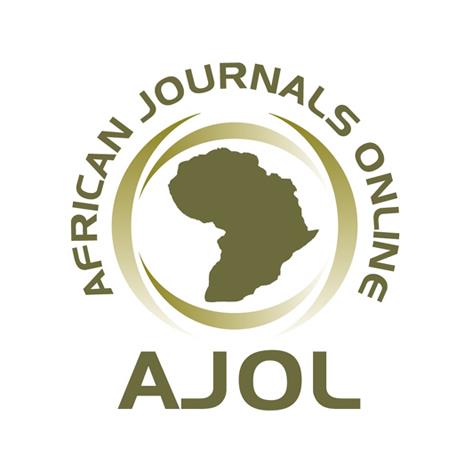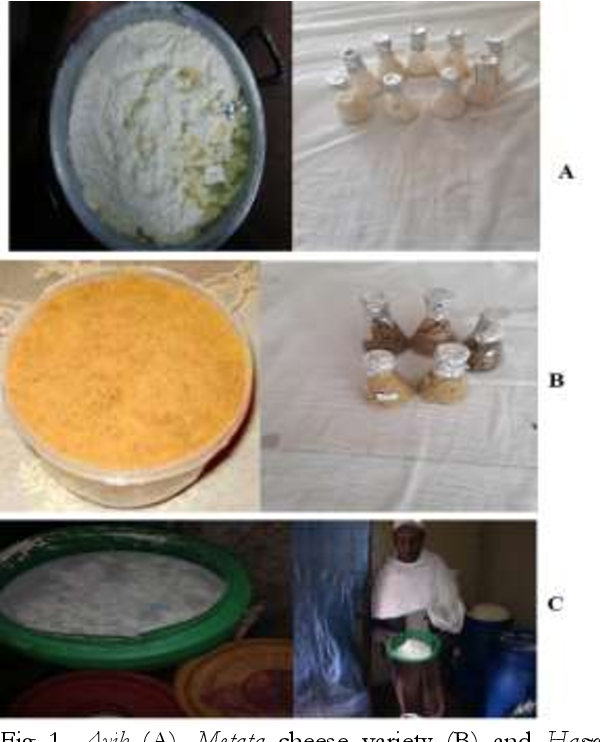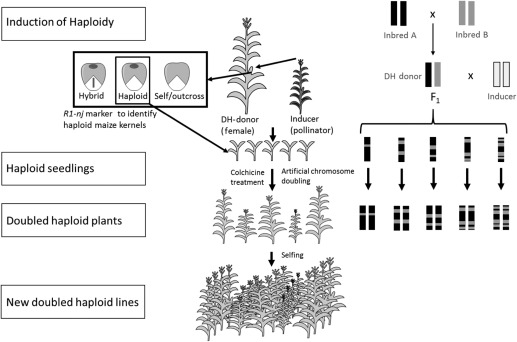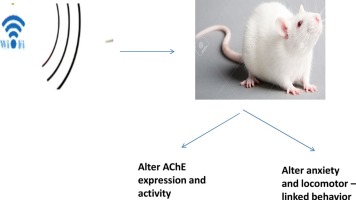Knowledge and Attitude of Students on the Environment: The Case of Two Secondary Schools in Harari Region, Ethiopia
Downloads
Aggarwal, J. 2002. Theory and principles of Education: Philosophical and Sociological Bases of Education, 12th ed. Vikas Publication, New Delhi.
Brook, L. 2006. Schooling in Ethiopia where the Surrogate Teacher takes over Control: Cases of Eastern Ethiopian Secondary Schools, a Paper Presented on Proceedings of the Conference on Teacher Education for Sustainable Development in Ethiopia, Ethiopian Management Institute, Debre Zeit, Ethiopia.
CSA (Central Statistical Authority). 2005. The 2005 Population and Housing Census of Ethiopia. Results for Harari Regional State, Central Statistics Authority, AA.
Damtew, W. 2007. An Assessment of the Integration of Environmental Education into Selected Secondary School subjects Towards Sustainable Development. MA Thesis, Addis Ababa University.
Desalegn, F. 1998. A Study of the Extent to Which Senior Secondary School Students Practice Disseminating EE to the Surrounding Community. MA Thesis, Addis Ababa University.
Dunlap, R., Vanlirie K., Mertig A. and Jones R. 2000. Measuring endorsement of the new ecological paradigm. A revised NEP scale. Journal of social issues 56:425-442.
EPA (Environmental Protection Authority). 1997. Environmental Policy: The Federal Democratic Republic of Ethiopia, Environmental Protection Authority, Addis Ababa, Ethiopia.
EPA (Environmental Protection Authority). 2001. A Brief Overview: The Federal Democratic Republic of Ethiopia, Environmental Protection Authority, Addis Ababa, Ethiopia.
EPA (Environmental Protection Authority). 2003. State of Environment Report for Ethiopia: The Federal Democratic Republic of Ethiopia, Environmental Protection Authority, Addis Ababa, Ethiopia.
Gebreselassie, G. 2004. Status of Environmental Education and Awareness in Ethiopia. A paper presented on the work shop proceedings for Nile Trans boundary Environmental Action Project, Ethiopian Management institute, Addis Ababa.
Gedeon, A. 2003. Program brief and Introductory Remark, Environment and Environmental Change in Ethiopia. Forum for Social Studies, Civil Society and Environmental Policy Dialogue, Consultation Paper on Environment No 1:4-8.
Gomez, K.A. and A.A. Gomez. 1984. Procedures for Agricultural Research. John Wiley and Sons, New York.
Hardie, R.E. and Hale M. 1993. Science and Environmental Education. ASE Secondary Science Teachers’ Hand Book, UK.
Makki, M, Khalik, F. and Boujaoude, S. 2003. Lebanese secondary school students’ environmental knowledge and attitudes. Environmental Education Research 9 (1): 21-33.
Millward, R.E. 1975. An Appraisal of Present Attitudinal Environmental Programs and a prediction of Future Evaluative Trends. Research camping and Environmental Education 11:55-59.
Morrone, M.; Mancl, K.; and Carr, K. 2001. Development of as metric to test group differences in ecological knowledge as one component of environmental literacy. Journal of Environmental Education 32:33-42.
NAAEE (North American Association for Environmental Education). 2004. Principles of Environmental Education. EE link: North American Association of Environmental Education. (http://www.eelink.net).
Obanya, P. 1995. Major Educational Challenges of the twenty first century, Region II Forum Journal of World Council for Curriculum and Instruction (1):2-12.
Palmer, J. 1998. Environmental Education in the 21st century: Theory, practice, Progress and Promise. New York, Rutledge.
Shobeiri, S.M. 2005. A Comparative Study of Environmental Awareness and Attitude of Teachers and Students of Secondary Schools in India and Iran, PhD Thesis, University of Mysore, India.
UNEP (United Nations Environmental Program). 1988. The Public and Environment: The state of Environment, Nairobi, Kenya.
UNESCO-UNEP (The United Nations Educational, Scientific and Cultural Organization- United Nations Environmental Program). 1994. Procedures for Developing an Environmental Education Curriculum: A Discussion Guide for UNESCO Training Seminars on Environmental Education. UNESCO
UNESCO-UNEP (The United Nations Educational, Scientific and Cultural Organization- United Nations Environmental Program). 2000. A comparative survey of the incorporation of environmental education into school curricula. UNESCO Institute for Education, Germany.
Wondimagegnehu, G. 2004. The Status of Environmental Education in Schools. A Paper Presented on the Workshop for Nile Trans boundary Environmental Action Project. Ethiopian Management Institute, Addis Ababa.
Copyright (c) 2013 Abebe Aschalew, Brook Lemma, Ranjan S. Karippai

This work is licensed under a Creative Commons Attribution-NonCommercial-NoDerivatives 4.0 International License.
- I am authorized by my co-authors to enter into these arrangements.
- I warrant, on behalf of myself and my co-authors, that:
- the article is original, has not been formally published in any other peer-reviewed journal, is not under consideration by any other journal and does not infringe any existing copyright or any other third party rights;
- I am/we are the sole author(s) of the article and have full authority to enter into this agreement and in granting rights to Springer are not in breach of any other obligation;
- the article contains nothing that is unlawful, libellous, or which would, if published, constitute a breach of contract or of confidence or of commitment given to secrecy;
- I/we have taken due care to ensure the integrity of the article. To my/our - and currently accepted scientific - knowledge all statements contained in it purporting to be facts are true and any formula or instruction contained in the article will not, if followed accurately, cause any injury, illness or damage to the user.
- I, and all co-authors, agree that the article, if editorially accepted for publication, shall be licensed under the Creative Commons Attribution License 4.0. If the law requires that the article be published in the public domain, I/we will notify Springer at the time of submission, and in such cases the article shall be released under the Creative Commons 1.0 Public Domain Dedication waiver. For the avoidance of doubt it is stated that sections 1 and 2 of this license agreement shall apply and prevail regardless of whether the article is published under Creative Commons Attribution License 4.0 or the Creative Commons 1.0 Public Domain Dedication waiver.
- I, and all co-authors, agree that, if the article is editorially accepted for publication in Haramaya Journals, data included in the article shall be made available under the Creative Commons 1.0 Public Domain Dedication waiver, unless otherwise stated. For the avoidance of doubt it is stated that sections 1, 2, and 3 of this license agreement shall apply and prevail.










